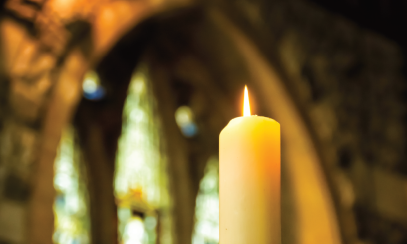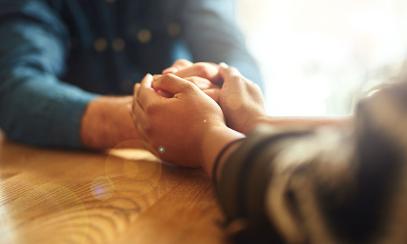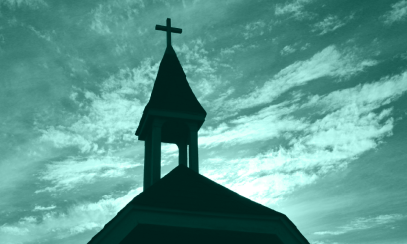Why are they changing the Mass?
Dear Fr. Joe: Why are they changing the Mass? I am hearing about all the new rules and regulations. Why do we bother with such things?
Dear Fr. Joe: Why are they changing the Mass? I am hearing about all the new rules and regulations. Why do we bother with such things?
Your question is a good one. A lot of people are trying to figure out precisely what we are doing, why we are doing it and when we will start. Let’s see if the following general concepts don’t help us clarify a bit.
Think of it this way: the liturgy is who we are as Catholics. This is our primary expression of our faith. This is where we get together and honor our savior and our relation to him. I like something Bishop Carl Mengeling said. When he was talking about the Mass, he said, “Remember, this is not our celebration. This celebration belongs to Jesus.” I like that. It is good for us to remember that this celebration is bigger than we are.
Think of it another way. There are a little over one billion (that is 1,000,000,000) Catholics in the world right now. We are throughout Asia, Europe, Africa, North America and Australia (are there any in Antarctica?) We have different cultures, languages, ideas and norms. What do we all have in common? One Lord. One Faith. One Baptism. And all of these amazing, unifying gifts converge in the liturgy. And, central to that is the Eucharist, the sacrament of unity.
In my life, I have been blessed to travel all over the world and celebrate with Catholics everywhere. In the celebrations of the Mass – whether in Israel or Poland, in Mexico or France, in Ireland or Egypt – I was able to follow and worship together with people I didn’t know, but to whom I was intimately bound by the liturgy.
So, what are we doing? We are trying our best to bring an appropriate level of uniformity and respect to the liturgy.
Remember, we are only 40 years out of Vatican II, and it’s going to take us awhile to find our legs. We have made mistakes to the right and to the left. These rules and regulations are an attempt to bring us back to our universal roots. We are a church that is bigger than the United States of America.
The updates are in effect now, but each diocesan bishop is allowed a “period of implementation.” Your pastor will be teaching you about the changes in the next few months.
There may be some criticisms being leveled at the changes. I encourage you to listen to how some people are reacting; some are saying we have gone too far, others are saying we have not gone far enough. Do you get the idea that I do? Namely, there are some people who will never be happy until they are the ones expressing to us what the liturgy is.
What do we do? I say relax. No kidding folks, God is bigger than our fears, worries, biases and agendas. This church is built on the rock that is Jesus and nothing can prevail against it – not even our failings and weaknesses. Besides, there are very few noticable changes.
How about if we all surrender a little today? How about if we all agree that the liturgy is bigger than we are and accept the goodwill and intentions of those who lead us in the faith?
Dear Fr. Joe: What are the holy days of obligation and what does it mean when we have one?
Okay, let’s start right off with a list of the days that the U.S. Conference of Catholic Bishops have decreed are:
Holy Days of Obligation:
January 1 the solemnity of Mary, Mother of God
Seventh Sunday of Easter is now reserved for the solemnity of the Ascension
August 15 the solemnity of the Assumption of the Virgin Mary
November 1 the solemnity of All Saints
December 8 the solemnity of the Immaculate Conception
December 25 the solemnity of the Nativity of Our Lord Jesus Christ.
Whenever January 1, the solemnity of Mary, Mother of God, or August 15, the solemnity of the Assumption, or November 1, the solemnity of All Saints, falls on a Saturday or on a Monday, the obligation to attend Mass is removed.
So, what does this mean? That on the days listed above, Catholics everywhere who are able are obligated by their baptism to go to church and celebrate Mass.
What does “who are able” mean? It means those who are physically able to attend and have the resources to get to Mass. We should never miss these days because of sporting events or a busy social calendar.
If we are sick, we are not obligated. Be sure and check with your local pastor on what his expectations are.
Hey! Enjoy another day in God’s presence.



